On April 20, the Boao Forum for Asia wrapped up in China’s beautiful Hainan Island. Boao is the name of the town where the forum is held every year. It was canceled last year due to the pandemic, so this year is the first Boao Forum in two years. Although only two years have passed, the state of the world and China’s role with it has drastically changed since 2019.
The full name of the Boao Forum is the Boao Forum for Asia. It is modeled after the World Economic Forum that is held annually in Switzerland. The Boao Forum was created in 2001 to encourage unity in economic development of Asian nations. Australia has historically attended as well, but this year, they decided to opt out.
This year’s theme was “The Great Changes in the World: Joining the Global Governance Ceremony, Ensemble the Strong Voice of the Belt and Road Initiative.” This is the first time that the Boao Forum has officially positioned the Belt and Road Initiative as its official theme for the conference.
Recently, the Australian government canceled the Belt and Road Agreement signed between Victoria, Australia’s largest and wealthiest state, and the Chinese Communist Party (CCP). Australia’s Foreign Minister Marisa Payne declared the deal “inconsistent with Australia’s foreign policy or adverse to our foreign relations” at a Parliament press conference in New Zealand.
CCP Remarks at the Boao Forum
Chinese leader Xi Jinping’s keynote speech this year was much more aggressive and direct than previous speeches. He strongly criticized the United States without ever naming it directly.“International affairs should be conducted by way of negotiations and discussions, and the future destiny of the world should be decided by all countries,” said Xi. “One or a few countries shouldn’t impose their rules on others, and the world shouldn’t be led on by the unilateralism of a few countries.”
In 2018’s Boao Forum, Xi said, when speaking about the same issue, “No matter how developed China is, we will not threaten anyone, nor will we overturn the current international system.”
The current world referred to by Xi is the current international state of nations: the United States and allies such as Great Britain, Russia, China, and France that helped rebuild after the Second World War.
This is what Xi refers to when he says we should not live in a world with “rules made by one or several countries.” In his 2018 speech, Xi said that he would not overturn the world order.
It is vital for us to note that now, he is strongly stating that the rules of a few nations should not be imposed on others. His speech is criticizing the current system created by Western nations, and calling for a new world system.
My view is that the CCP believes that while the United States remains the world’s top power for now, its strength is in rapid decline. In tandem, they believe the CCP is rapidly strengthening. It’s this belief that has fueled the CCP’s recent more aggressive actions on the world stage.
In his speech, Xi also condemned international economic decoupling and trade wars, urging for a globalized economic system. “We must maintain the international system with the United Nations as the core, the international order based on international law, and the multilateral trading system with the World Trade Organization as the core. The world must be fair and not hegemonic. A big country must look like a big country. Show more responsibility.”
He also said, “In the era of economic globalization, openness and integration is an unstoppable historical trend. The artificial ‘building of walls’ and ’decoupling' violates economic laws and market rules and harms others and ourselves.”
Aside from the passive criticism of the United States, this is also a very characteristic speech by the CCP, to say one thing and do another.
When the CCP joined the WTO, it itself promised an open Chinese economy, which has not been implemented. Just last year, the CCP imposed overwhelming and comprehensive trade sanctions on Australia. In February of this year, the CCP suddenly banned Taiwanese pineapple imports into China.
In the past few years, countries such as South Korea, Japan, and the Philippines have all been bullied by trade. The CCP has never respected the “multilateral trading system.” It only uses the phrasing to promote its own interests.
There is a funny story among Chinese people about a man who jumped onto a train when it was about to leave. He was late and had no place to sit, so he told the others sitting down, “everyone squeeze and give me a seat.”
Everyone responded and said that there was no room. In response, he remarked, “my butt is small, I won’t take up much room!” Everyone ends up complying and squeezed together to give him a little place for him to sit.
After that, he pushed left and right, pushing others away until the place he sat grew larger and larger, until finally, he could lay down. The angered passengers asked him, “didn’t you say that your butt is small and doesn’t need much space?”
He replied, “yes, because my butt is too small, I can’t sit properly, so I must lay down.”
The CCP’s entry into the WTO is like the man on the train.
Xi also condemned decoupling and wall building. In my eyes, the biggest wall in the world is the Chinese internet firewall, which decouples Chinese people from information and truthful news media. Xi also emphasized adhering to international law while the CCP consistently ignores the laws that govern the South China Sea.
The Boao Forum did not open last year and was postponed for one year because of the COVID-19 pandemic. It’s a particular issue of concern for the international community with respect to China, and Xi did indeed address it in his speech.
He said, “We must uphold people first and life first, strengthen information sharing and joint prevention and control, improve the level of health and medical cooperation, and give full play to the key role of the World Health Organization. We must strengthen international cooperation in vaccine research and development, production, and distribution, and improve the development of vaccines.
“The country’s accessibility and affordability make it truly usable and affordable for the people of all countries. It is necessary to comprehensively strengthen global public health security governance and jointly build a human health and health community.”
It’s a speech of bravado that answers none of the important questions that can actually help us solve and understand how this pandemic happened.
- How did this pandemic start?
- Why didn’t the Chinese regime shut down the Wuhan at the beginning of the epidemic, but firmly oppose other countries closing their borders?
- Why did China not open Wuhan up to a proper virus investigation by world experts?
Xi also said that it is necessary to promote the common values of peace, development, fairness, justice, democracy, and freedom of all mankind, advocate exchanges and mutual learning among different civilizations, and promote the development of human civilization.
The six words of peace, development, fairness, justice, democracy, and freedom cannot even be expressed in the same sentence in mainland China. They must be said one at a time to evade censorship and consequence. Not to mention the documented concentration camps, political prisoners, prisoners of faith, and arrested journalists. In China, even talking about democracy and freedom calls for arrest and questioning by the police.
It is precisely because of their deep distrust of the CCP that Asian nations have adopted a system of reliance on China for their economy and on the United States for security. When the world climate is relatively peaceful and safe, economic growth is more important for nations. In an era of turbulence and danger, security becomes a more important determinant of national policies. It’s for this reason that countries have recently moved closer to the United States and strayed away from the CCP.
It is precisely because of nations turning cold to the CCP that Xi is now emphasizing that powerful nations should not seek to expand nor seek hegemony.
But these kinds of big declarations are no longer convincing when the CCP has averaged double-digit increases in military spending over the past 20 years.
Xi’s speech this year at the Boao Economic Forum echoes so many of the CCP’s past speeches. While on stage, their leaders promise big beautiful ideas. Once they step off the stage, they consistently produce deceitful self-interested actions. The CCP is the world leader in skillful political posturing.
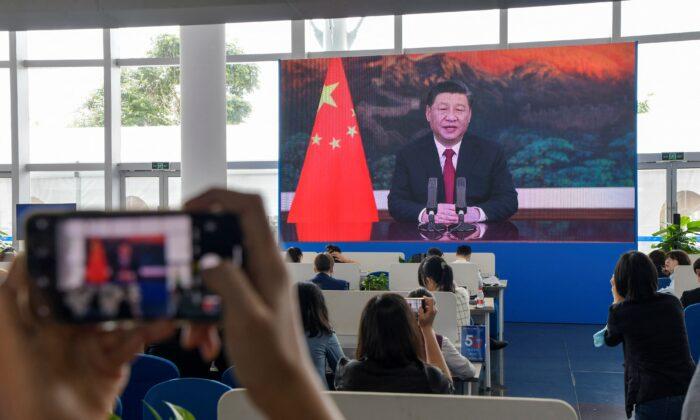
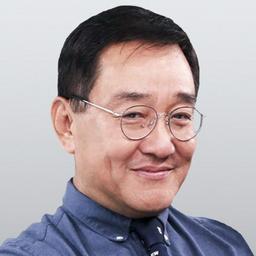
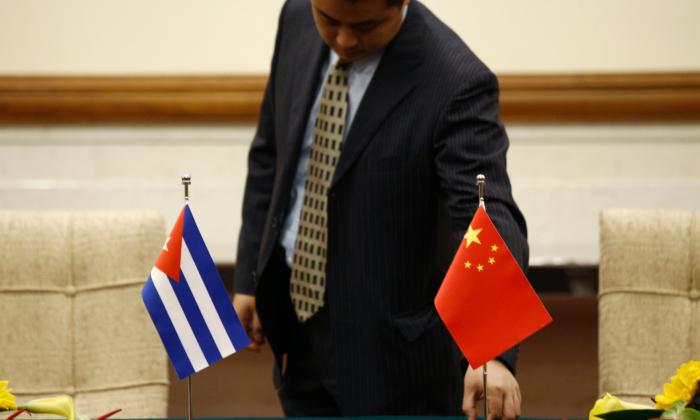
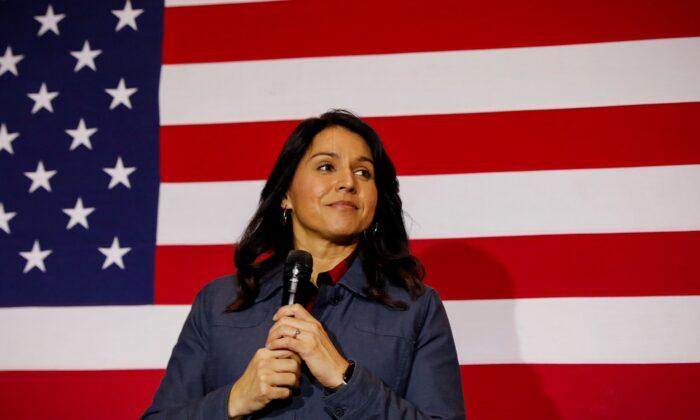
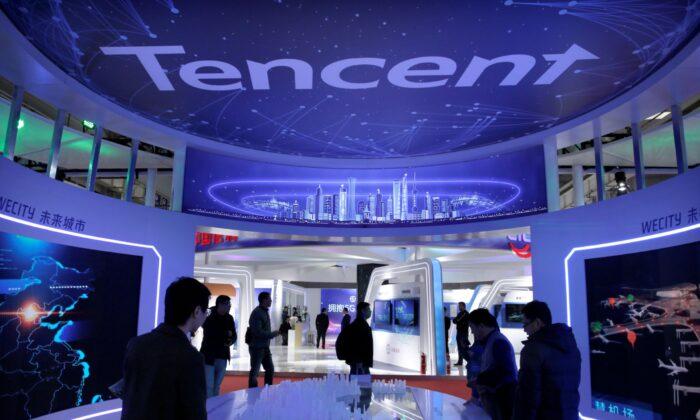
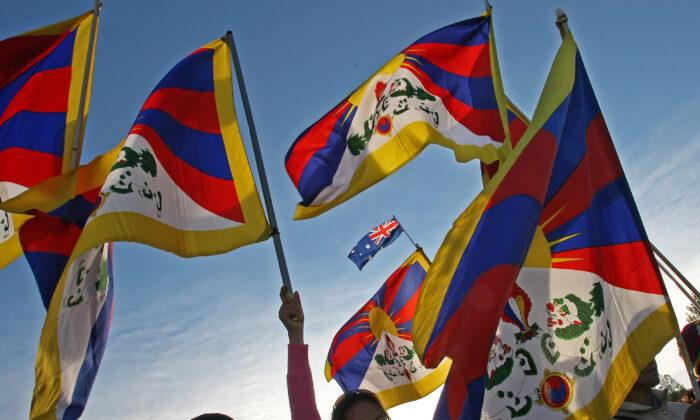
Friends Read Free